Yttrium Nitride Powder (YN) Description
Yttrium Nitride (YN) is a
high-performance ceramic material known for its outstanding physical, chemical,
and thermal properties. It crystallizes in a rock-salt-type cubic structure,
which imparts excellent mechanical strength and structural stability. One of
the most notable features of Yttrium Nitride is its exceptional thermal
stability; it remains stable at very high temperatures and demonstrates
excellent resistance to thermal shock, making it ideal for use in extreme
environments.
YN also offers excellent hardness
and abrasion resistance, which makes it suitable for wear-resistant coatings
and protective films. Chemically, it is highly inert and exhibits strong
resistance to oxidation, corrosion, and attack by most acids and alkalis. These
properties make it a durable candidate for chemically aggressive environments.
In terms of electrical properties,
Yttrium Nitride is electrically conductive, distinguishing it from many other
ceramic nitrides. This conductivity, combined with its high-temperature
stability, enables its application in electronic components and conductive
ceramic composites.
Additionally, YN shows promise in
optoelectronic and photonic applications due to its unique electronic structure
and potential semiconducting behavior. It is also explored in the field of
nuclear technology, owing to its ability to maintain structural integrity under
irradiation.
Overall, the combination of
mechanical robustness, chemical resistance, thermal endurance, and electrical
conductivity positions Yttrium Nitride as a highly versatile material for
advanced technological applications.
Yttrium Nitride Powder (YN) Applications
1. Semiconductor and Electronic Devices: YN is studied as a
potential material for high-temperature semiconductors and conductive ceramic
components due to its electrical conductivity and thermal stability.
2. Protective Coatings: Its high hardness and resistance to
wear and corrosion make it suitable for protective coatings on tools, cutting
surfaces, and other components exposed to harsh environments.
3. Nuclear Technology: YN’s thermal and radiation stability
make it a promising material for nuclear fuel cladding or structural components
in reactors.
4. Optoelectronics: YN is explored for use in optoelectronic
devices, including infrared detectors and high-temperature photonic components,
due to its electronic and optical characteristics.
5. High-Temperature Structural Materials: Its resistance to
thermal shock and oxidation allows use in applications such as high-temperature
ceramics, aerospace components, and furnace parts.
6. Catalyst Support or Additive: YN can be used as a support
or modifier in catalytic systems, especially where high-temperature durability
is needed.
Yttrium Nitride Powder (YN) Packaging
Our products are packaged in customized cartons of various
sizes based on the material dimensions. Small items are securely packed in PP
boxes, while larger items are placed in custom wooden crates. We ensure strict adherence
to packaging customization and the use of appropriate cushioning materials to
provide optimal protection during transportation.
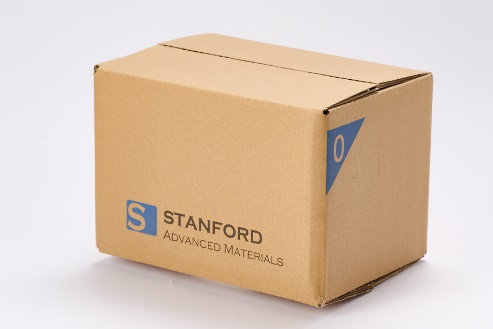
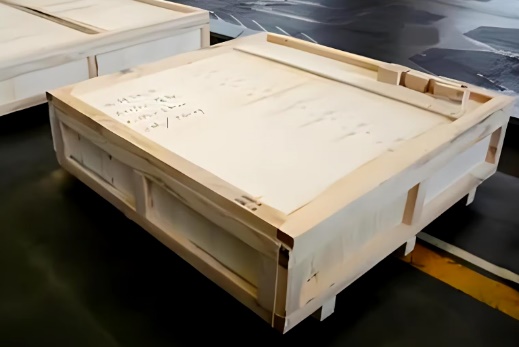
Packaging: 500g per PE box or 1000g per vacuum-sealed bag. Carton,
Wooden Box, or Customized.
Kindly review the packaging
details provided for your reference.
Manufacturing Process
1. Testing Method
(1) Chemical Composition Analysis - Verified using techniques
such as GDMS or XRF to ensure compliance with purity requirements.
(2) Mechanical Properties Testing - Includes tensile strength,
yield strength, and elongation tests to assess material performance.
(3) Dimensional Inspection - Measures thickness, width, and
length to ensure adherence to specified tolerances.
(4) Surface Quality Inspection - Checks for defects such as
scratches, cracks, or inclusions through visual and ultrasonic examination.
(5) Hardness Testing - Determines material hardness to confirm
uniformity and mechanical reliability.
Please refer to the SAM testing procedures for detailed information.
Yttrium Nitride Powder (YN) FAQs
Q1. How is YN synthesized?
It is typically synthesized through the direct nitridation
of metallic yttrium in a nitrogen or ammonia atmosphere at high temperatures.
Q2. Is Yttrium Nitride stable in air?
YN is relatively stable at room temperature but may oxidize
slowly in humid or high-temperature conditions, forming yttrium oxide on the
surface.
Q3. Can YN be used in electronic applications?
Yes, its semiconducting and conductive properties make it a
candidate material for certain electronic and optoelectronic applications,
especially in high-temperature or radiation-rich environments.
Performance Comparison Table with Competitive Products
|
Property
|
Yttrium Nitride (YN)
|
Aluminum Nitride (AlN)
|
Titanium Nitride (TiN)
|
|
Thermal Conductivity
|
Moderate (≈20 W/m·K)
|
High (≈320 W/m·K)
|
Low (≈29 W/m·K)
|
|
Hardness (HV)
|
~15 GPa
|
~12 GPa
|
~18 GPa
|
|
Melting Point
|
~2,670°C
|
2,200°C
|
2,930°C
|
|
Oxidation Resistance
|
Good (stable up to 800°C)
|
Excellent
|
Moderate
|
|
Electrical Conductivity
|
Insulator/Semiconductor
|
Insulator
|
Conductive
|
|
Applications
|
Protective coatings, semiconductors
|
Electronics, heat sinks
|
Hard coatings, decorative
|
Related Information
1. Common Preparation Methods
Yttrium Nitride (YN) powder is typically synthesized through
a high-temperature nitridation process, where metallic yttrium is reacted with
nitrogen gas or ammonia in a controlled atmosphere. The procedure generally
involves placing high-purity yttrium metal in a furnace and heating it to
temperatures ranging from 800°C to 1200°C under a continuous flow of
high-purity nitrogen or ammonia. The reaction proceeds over several hours,
allowing nitrogen atoms to diffuse into the metal lattice and form a stable nitride
compound. To ensure complete conversion and high crystallinity, the temperature
and gas flow rate must be carefully regulated. After cooling, the resulting
black or dark gray powder is collected and may undergo additional purification
steps such as sieving or milling to achieve the desired particle size and
purity. This method yields a highly stable, fine-grained YN powder with
desirable structural and physical properties suitable for advanced material
applications.
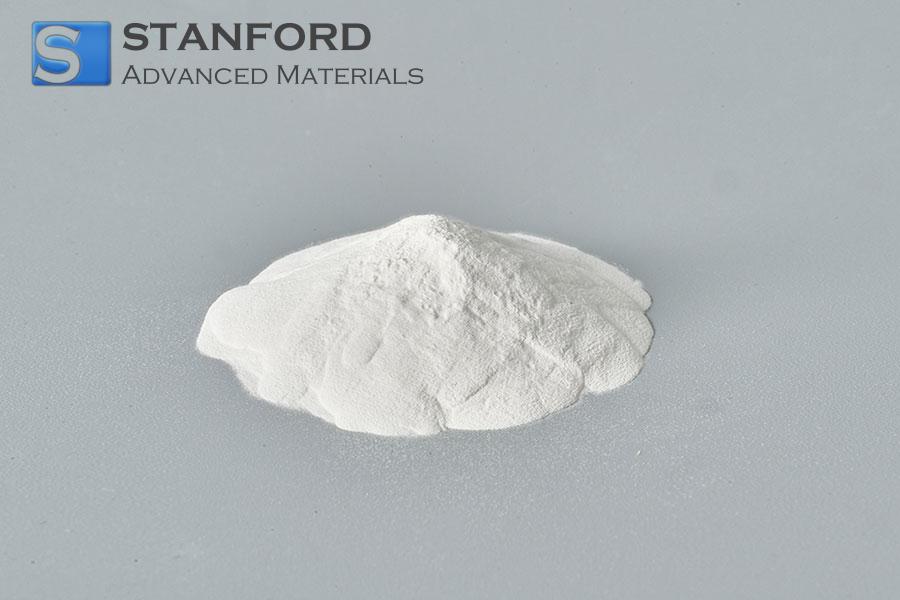
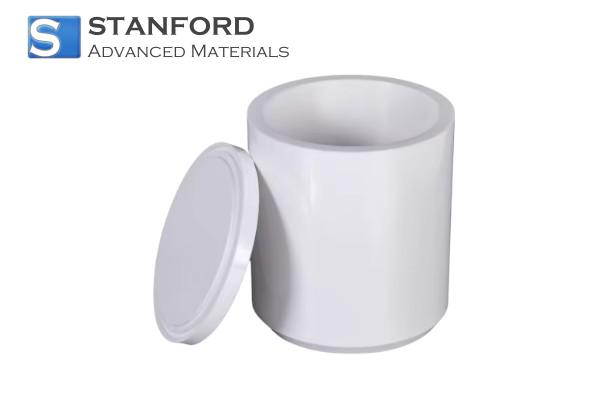
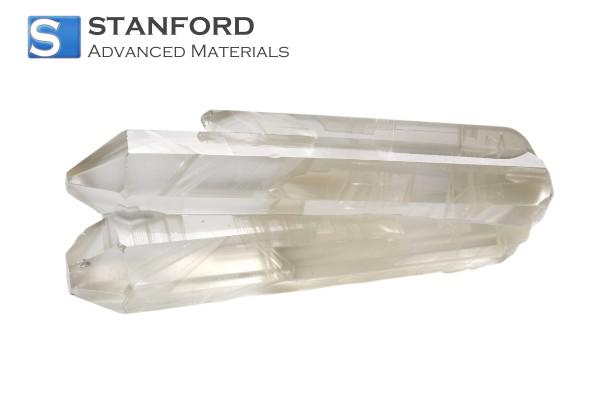
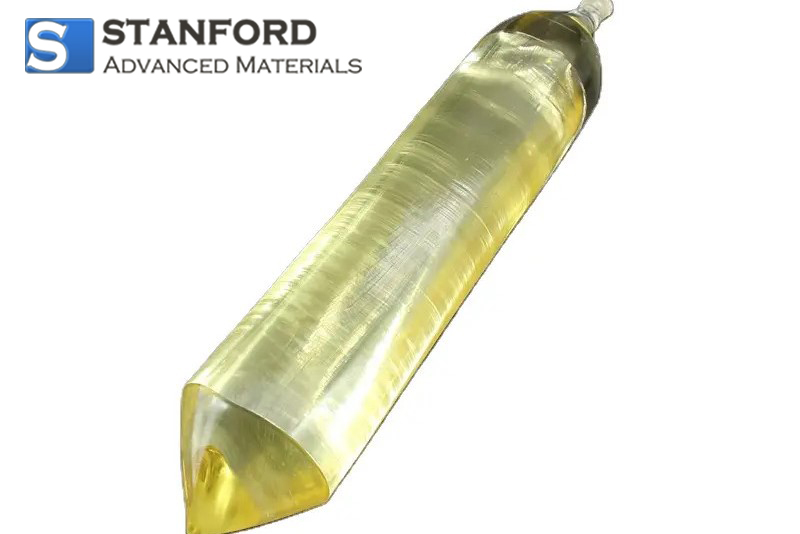

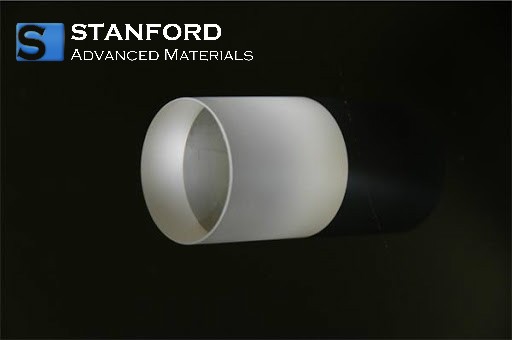
 Beads.jpg)
